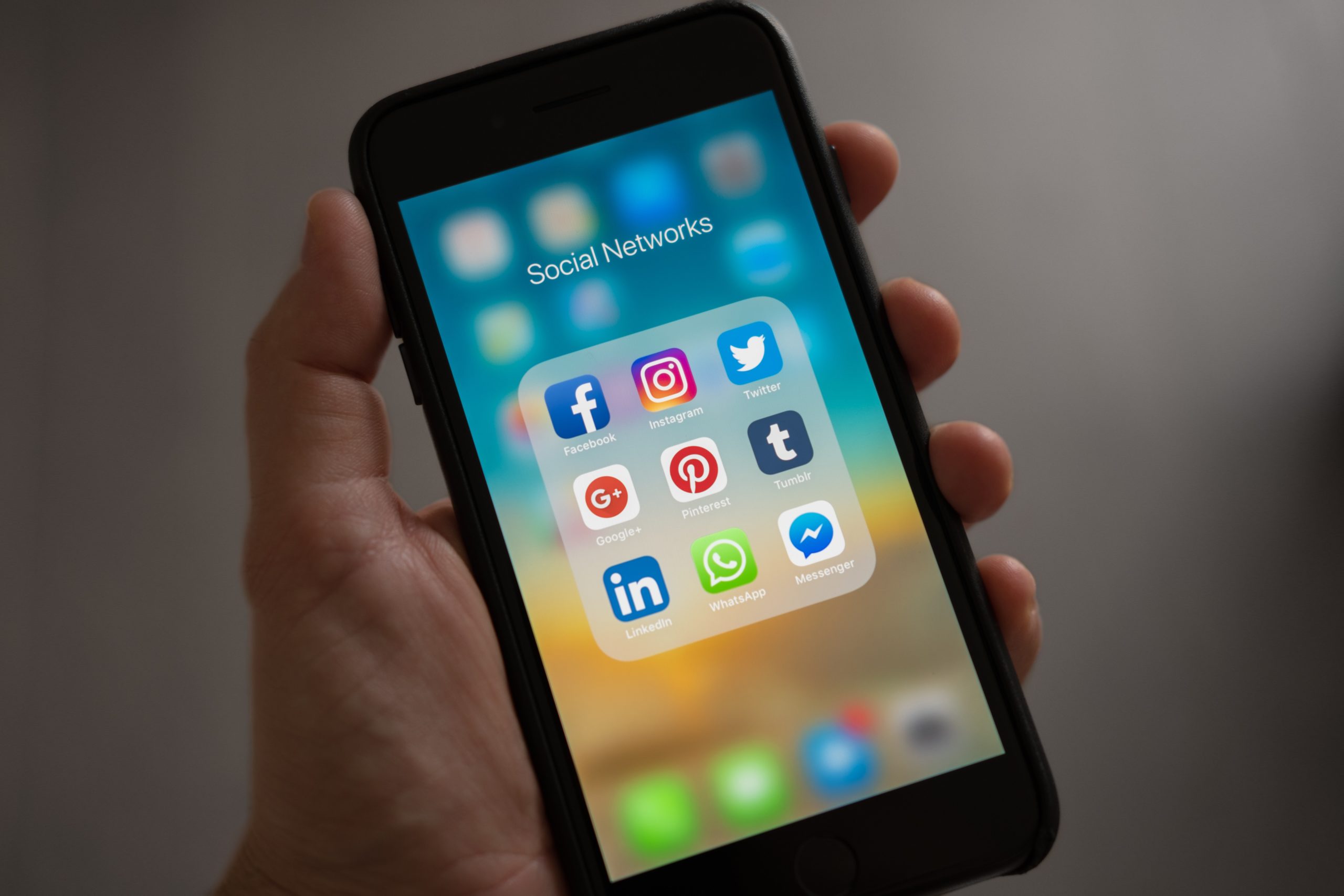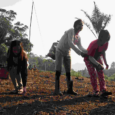The Philippines is the social media capital of the world, and it comes with both good and bad effects. The good ones: it is easier to connect with our loved ones and to mobilize efforts for shared causes. The bad ones: spreading misinformation and trolling. To curb online bashing, Negros Oriental Rep. Arnulfo Teves Jr. proposes to regulate social media use.

Photo by Tracy Le Blanc from Pexels
“I intend to make a bill. Sobra na kasi yung paninira ng mga tao through social media. Grabe yung bashing, hindi lang sa akin. Ang daming taong nasisiraan through social media” (“I intend to make a bill. The bashing on social media is too much. It’s not just me, a lot of reputations get ruined through social media”), he said during the House Appropriations Committee hearing on the Department of Information and Communications Technology’s (DICT) proposed P3.5-billion budget for next year.
In the Philippines, 48 million people are registered on the social media platform Facebook.
He added, “Ang request ko lang sana, i-regulate natin. Walang puwedeng mag-fake account. You can have as many accounts as you want but registered to your name. If you’re found with an account not registered to your name, then you will be liable” (“My only request is to regulate it. No fake accounts.You can have as many accounts as you want but registered to your name. If you’re found with an account not registered to your name, then you will be liable”).
He even questioned why we can’t do it, like what China is doing. China heavily regulates its social media, and censors criticism of authorities, conflict, corruption, political opposition, satire, social commentary, mobilization for public causes, and ethic and religious minorities. It also sporadically blocks lesbian, gay, bisexual, trans, and intersex (LGBTI) issues. China also blocks websites like Facebook, Google, YouTube, Twitter, Instagram, and many news websites.
In a study by Nikkei Asian Review, the media group analyzed the types of censorship done in Asia. Interestingly, the Philippines ticked off zero options out of 10. The only other country who ticked off zero is Japan.
However, National Telecommunications Commission Comm. Gamaliel Cordoba said that it is not DICT’s jurisdiction to regulate social media use. According to him, DICT only handles the technical aspects of information and communication technology.
Eastern Samar Rep. Ben Evardone had a simple suggestion during the hearing: “Simple lang ang problema mo. I-[block] mo tsaka i-unfriend mo” (“Your problem is simple. Block and unfriend them”).
What do you think? Should the government regulate social media use? Share your thoughts below!
Follow @When in Manila Koji for more stories like this!




